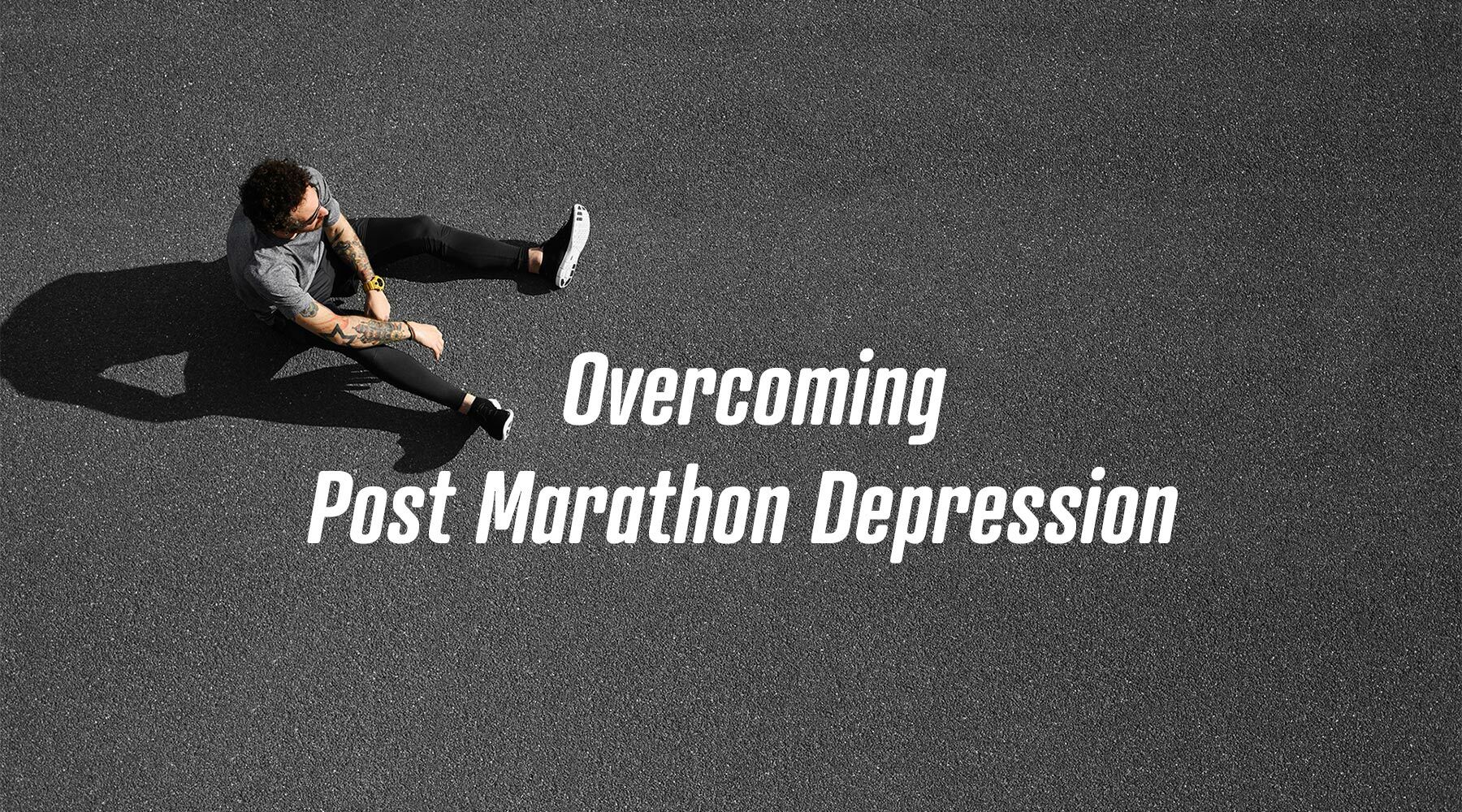Distance running comes with many highs and many lows. One such low, often overlooked, is post-marathon depression. As a seasoned running coach, I can tell you this phenomenon isn’t just a phase. It’s a real challenge that many runners, including myself, face after crossing the finish line.
What is Post-Marathon Depression?
Post-marathon depression is a state of emotional and mental low that follows the exhilaration of completing a marathon. Runners spend months, even years, preparing for this monumental event. It becomes a central part of their lives. When it’s suddenly over, a void appears, often accompanied by a sense of loss or emptiness. This can lead to sadness, lack of motivation, and a disconnection from the sport that once brought so much joy and purpose.
What Causes Post-Marathon Depression?
A few things are happening here. Physiologically, the sudden drop in rigorous physical activity affects the body’s endorphin levels, leading to mood changes. Psychologically, the lack of a clear goal after the marathon leaves runners feeling directionless. Additionally, returning to everyday life without the structure and excitement of training can feel mundane.
Tips to Overcome Post-Marathon Depression

- Acknowledge Your Feelings: Recognizing and accepting your emotions is essential. Understand that feeling this way is normal after such a significant event.
- Set New Goals: Establish new running goals or even explore different aspects of fitness. This could mean aiming for a personal best in a different distance, trying out trail running, or even exploring other sports.
- Rest and Recover: Give your body and mind the time to recover. Enjoy some leisure activities or hobbies you might have neglected during your training.
- Reflect on Your Achievement: Take time to appreciate your accomplishments. Look through photos, share stories with friends and family, and celebrate your success.
- Stay Connected: Engage with the running community. Share your experiences with fellow runners going through the same thing. Sometimes, just knowing you’re not alone can be incredibly comforting.
- Gradual Return to Training: When you feel ready, start training again, but do it gradually. Avoid jumping back into intense workouts immediately.
- Seek Professional Help if Needed: If feelings of depression persist, consider speaking to a mental health professional. There’s no shame in seeking help.
My Journey With Post-Marathon Depression


